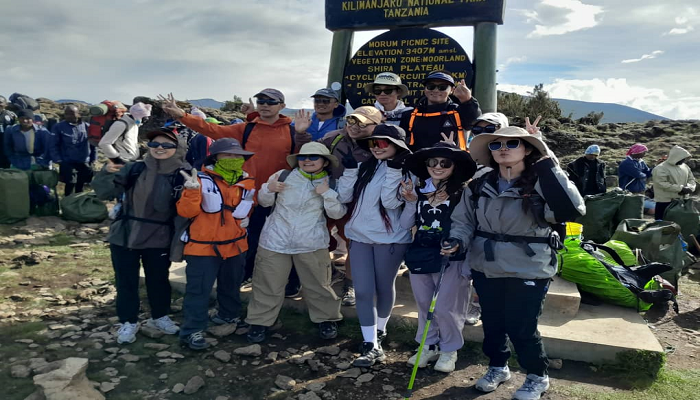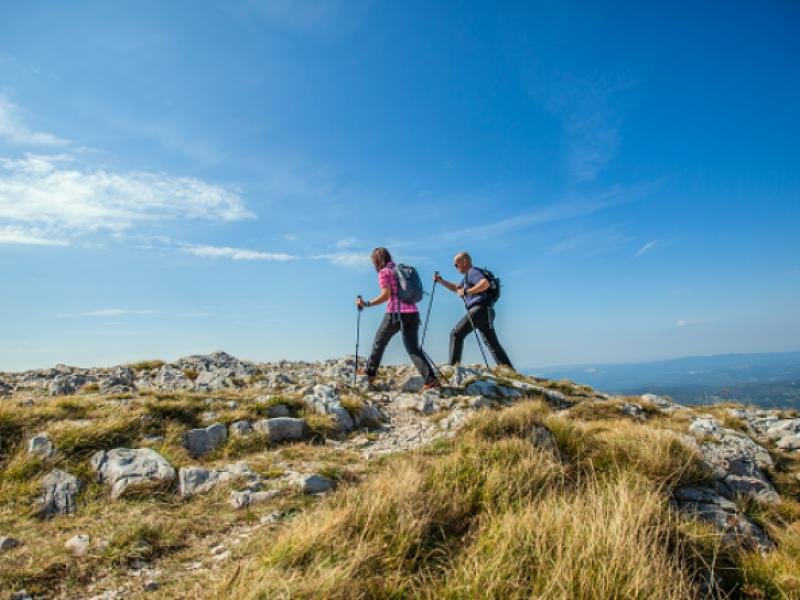
In a world where travel is more accessible than ever, our choices as travelers have never been more powerful—or more important.
Ethical travel is about more than just checking off destinations. It’s about traveling with respect, responsibility, and purpose—especially in regions as rich and delicate as East Africa.
At Jipemoyo, we believe travel should not only change the traveler but uplift the communities and environments they touch. Here's what ethical travel really means, and why it matters so much in East Africa.
What Is Ethical Travel?
Ethical travel is the practice of exploring the world in a way that respects local people, cultures, economies, and the environment. It’s about minimizing harm and maximizing positive impact—both during your trip and long after you’ve returned home.
This includes:
-
Supporting locally owned businesses
-
Respecting cultural traditions and norms
-
Protecting natural ecosystems and wildlife
-
Avoiding exploitative or "voluntourism" traps
-
Choosing travel partners that give back
Why East Africa Needs Ethical Travelers
1. Fragile Ecosystems Deserve Protection
From the iconic Serengeti plains to the slopes of Kilimanjaro, East Africa’s biodiversity is unique—but vulnerable. Over-tourism, pollution, and climate change threaten these ecosystems. Ethical travel helps by supporting eco-lodges, conservation parks, and low-impact trekking practices.
2. Tourism Can Empower—Or Exploit
Tourism in East Africa has immense potential to create jobs and fund education, healthcare, and conservation. But without ethics, it can lead to exploitation of workers, cultural commodification, and uneven economic benefits. Jipemoyo was built to flip that script—by empowering locals to lead and benefit directly.
3. Authentic Culture Is Not a Performance
True ethical travel honors culture as a living reality, not a tourist attraction. It means participating in respectful exchanges, learning basic Swahili greetings, and valuing people’s stories—not just their photo ops.
4. Communities Deserve to Be More Than Destinations
Villages are not just stops on a tour—they’re homes. Ethical travelers ask, “How does my presence help or harm this community?” and choose operators like Jipemoyo who prioritize community-led tourism.
How Jipemoyo Practices Ethical Travel
At Jipemoyo, we’re committed to transforming tourism into a tool for empowerment. Here’s how:
-
We hire and train local guides, porters, and staff
-
We reinvest profits into education, clean water, and health projects
-
We avoid mass-tourism traps and support lesser-known local experiences
-
We collaborate with eco-lodges and community-owned businesses
-
We are transparent about pricing, wages, and our sustainability practices
How You Can Travel More Ethically
-
Choose tour operators who are transparent and community-focused
-
Say no to single-use plastics, unethical animal encounters, or fast tourism
-
Learn a few local words and cultural norms before arriving
-
Tip fairly, ask questions, and listen deeply
-
Offset your carbon footprint if flying long distances
Ethical travel isn’t a trend—it’s a mindset. When you travel to East Africa with intention, humility, and respect, you become part of a growing movement that says:
Travel can be good. Travel can give back. Travel can change the world.
With Jipemoyo, every journey is designed to do just that.
Let’s hike higher—ethically. Are you in?


